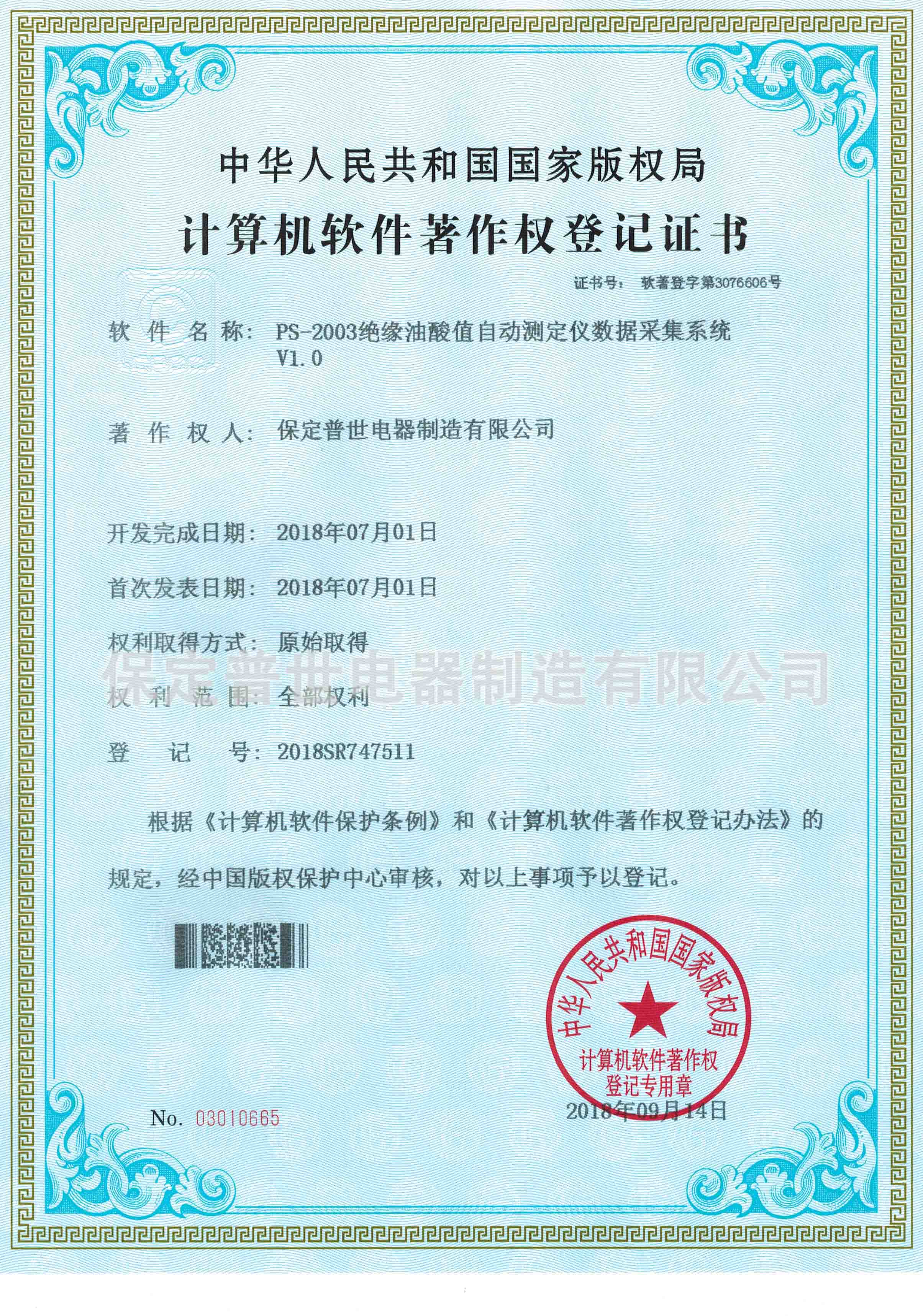 English
English



-
 Afrikaans
Afrikaans -
 Albanian
Albanian -
 Amharic
Amharic -
 Arabic
Arabic -
 Armenian
Armenian -
 Azerbaijani
Azerbaijani -
 Basque
Basque -
 Belarusian
Belarusian -
 Bengali
Bengali -
 Bosnian
Bosnian -
 Bulgarian
Bulgarian -
 Catalan
Catalan -
 Cebuano
Cebuano -
 China
China -
 China (Taiwan)
China (Taiwan) -
 Corsican
Corsican -
 Croatian
Croatian -
 Czech
Czech -
 Danish
Danish -
 Dutch
Dutch -
 English
English -
 Esperanto
Esperanto -
 Estonian
Estonian -
 Finnish
Finnish -
 French
French -
 Frisian
Frisian -
 Galician
Galician -
 Georgian
Georgian -
 German
German -
 Greek
Greek -
 Gujarati
Gujarati -
 Haitian Creole
Haitian Creole -
 hausa
hausa -
 hawaiian
hawaiian -
 Hebrew
Hebrew -
 Hindi
Hindi -
 Miao
Miao -
 Hungarian
Hungarian -
 Icelandic
Icelandic -
 igbo
igbo -
 Indonesian
Indonesian -
 irish
irish -
 Italian
Italian -
 Japanese
Japanese -
 Javanese
Javanese -
 Kannada
Kannada -
 kazakh
kazakh -
 Khmer
Khmer -
 Rwandese
Rwandese -
 Korean
Korean -
 Kurdish
Kurdish -
 Kyrgyz
Kyrgyz -
 Lao
Lao -
 Latin
Latin -
 Latvian
Latvian -
 Lithuanian
Lithuanian -
 Luxembourgish
Luxembourgish -
 Macedonian
Macedonian -
 Malgashi
Malgashi -
 Malay
Malay -
 Malayalam
Malayalam -
 Maltese
Maltese -
 Maori
Maori -
 Marathi
Marathi -
 Mongolian
Mongolian -
 Myanmar
Myanmar -
 Nepali
Nepali -
 Norwegian
Norwegian -
 Norwegian
Norwegian -
 Occitan
Occitan -
 Pashto
Pashto -
 Persian
Persian -
 Polish
Polish -
 Portuguese
Portuguese -
 Punjabi
Punjabi -
 Romanian
Romanian -
 Russian
Russian -
 Samoan
Samoan -
 Scottish Gaelic
Scottish Gaelic -
 Serbian
Serbian -
 Sesotho
Sesotho -
 Shona
Shona -
 Sindhi
Sindhi -
 Sinhala
Sinhala -
 Slovak
Slovak -
 Slovenian
Slovenian -
 Somali
Somali -
 Spanish
Spanish -
 Sundanese
Sundanese -
 Swahili
Swahili -
 Swedish
Swedish -
 Tagalog
Tagalog -
 Tajik
Tajik -
 Tamil
Tamil -
 Tatar
Tatar -
 Telugu
Telugu -
 Thai
Thai -
 Turkish
Turkish -
 Turkmen
Turkmen -
 Ukrainian
Ukrainian -
 Urdu
Urdu -
 Uighur
Uighur -
 Uzbek
Uzbek -
 Vietnamese
Vietnamese -
 Welsh
Welsh -
 Bantu
Bantu -
 Yiddish
Yiddish -
 Yoruba
Yoruba -
 Zulu
Zulu
surface tensiometer
The Importance of Surface Tensiometers in Modern Science
Surface tension plays a crucial role in many scientific and industrial applications, from the formulation of detergents to the production of advanced materials. Understanding and measuring surface tension is essential in various fields, including chemistry, biology, and materials science. This is where surface tensiometers come into play, serving as vital instruments for characterizing liquids and their interactions at interfaces.
What is a Surface Tensiometer?
A surface tensiometer is an analytical device used to measure the surface tension of liquids. Surface tension is the elastic tendency of a fluid surface, which makes it acquire the least surface area possible. This property is a result of cohesive forces between liquid molecules and is critical in phenomena such as droplet formation, bubble stability, and the wetting behavior of liquids on solid surfaces.
Surface tensiometers operate on various principles, including the Wilhelmy plate method, Du Noüy ring method, and the pendant drop method. Each technique has its unique advantages and is suited for different types of samples and experimental conditions. For instance, the Wilhelmy plate method involves dipping a plate vertically into a liquid and measuring the force exerted on the plate, while the Du Noüy ring method utilizes a ring pulled from the liquid's surface to determine the force required to detach it.
Applications of Surface Tensiometers
Surface tensiometers are employed in diverse fields. In the chemical industry, they are essential for quality control in the production of surfactants, which are vital components in detergents and emulsifiers. By measuring surface tension, manufacturers can ensure that their products function effectively across different applications.
surface tensiometer

In the biomedical field, surface tension measurements assist in understanding the behavior of biological fluids. For example, surfactants in lung fluids help maintain alveolar stability by reducing surface tension. Researchers utilize surface tensiometers to study these surfactants' properties, providing insights that can lead to improved treatments for respiratory conditions.
In materials science, surface tension is critical for characterizing the wetting properties of coatings and paints. A surface tensiometer can determine how well a liquid will spread on a surface, which is key to achieving optimal adhesion and performance of coatings. This information is essential for industries like automotive and aerospace, where high-performing materials are crucial.
The Future of Surface Tensiometry
As technology advances, so do the capabilities of surface tensiometers. Modern instruments now feature automation, allowing for faster and more accurate measurements. Additionally, integrating data analysis software enhances the interpretation of surface tension data, making it easier for researchers and manufacturers to derive meaningful conclusions.
Furthermore, with the rise of nanotechnology and the need for highly specialized materials, surface tensiometers will continue to evolve. Research into innovative materials, such as nanostructured coatings and self-cleaning surfaces, relies heavily on understanding surface interactions.
In conclusion, surface tensiometers are indispensable tools in the arsenal of modern science and industry. They provide critical data that informs product development, quality control, and research initiatives across various fields. As our understanding of surface phenomena deepens and technology advances, the role of surface tensiometers will undoubtedly become even more significant, paving the way for innovations that enhance our daily lives.
-
Exploring the Main Types of Industrial Endoscopes and Their Applications Across IndustriesNewsJul.04,2025
-
Testing Equipment Industry Sees Major Advancements in 2025: Smart & Precision Technologies Lead the WayNewsJun.06,2025
-
Applications of Direct Current Generators in Renewable Energy SystemsNewsJun.05,2025
-
Hipot Tester Calibration and Accuracy GuidelinesNewsJun.05,2025
-
Digital Circuit Breaker Analyzer Features and BenefitsNewsJun.05,2025
-
Benefits of Real-Time Power Quality Monitoring Devices for Industrial EfficiencyNewsJun.05,2025



